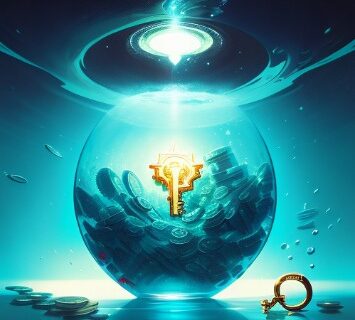What do extremely difficult experiences leave us with?
Everyone goes through life’s hurdles. There may be a difference to that extent, but some experience the worst situation that is really ridiculously difficult. Even if you are unlucky, you may get into an accident or be betrayed by someone you trusted. It’s better not to go through the worst of this, but it’s a self-evident fact that odds are that someone will be swept away by these waves. What is needed here is Nietzsche’s famous quote. “The pain that doesn’t kill me makes me stronger.” How will an extremely difficult experience affect your life?
Bottom of Life
The bottom here is not the bottom in a positive sense. They usually talk about positive situations that create a reversal while saying that they hit the bottom. But I want to tell you the cold reality. The bottom is often much deeper than you think. “Worse than this?” you think, but to make matters worse, you may experience the worst than you ever imagined. But if you really hit that bottom, there’s nowhere else to fall. The only thing left to do is go up. When we go through these extremely difficult cases, we develop the power of a dispassionate grasp of reality. At the same time, my metacognition starts to rise without my knowledge.

Possibility of change
People don’t change for some reason. What really doesn’t change is people. In order to change such a person, an electric shock to the stopped heart is needed, which is so great that it can be revived. That’s the positive side of the worst. We are tougher than we think. It never ends easily and never collapses. Even if you fall into a really difficult situation, if you can endure it, you will definitely have the next opportunity. And if you get the shock right, you realize in your heart that you have to change now, without anyone telling you or persuading you.
Prepare for uncertainty
It’s a bit difficult concept, but I can’t help but use the word antifragility. Antifragile is a concept coined by Nassim Taleb and is the opposite of fregil (vulnerable to shock). It is not a strong, solid concept, but a concept that is strengthened by the real opposite impact. For example, a candle is extinguished by the wind, but a bonfire is more roaring by the wind. Even the same impact unfolds in a completely different way. When a shock occurs in my life like this, I wonder if my life is really a bonfire, not a candle.
Relativity is important for antifragility. For example, not wearing a seat belt in a car is a very freckled act. You can lose your life in an accident. Wearing a seat belt does not intensify the impact, but the relative compensation obtained from the impact when not wearing it can be seen as infinitely large. If you get such a big shock and suffer a lot of damage, you have no choice but to worry about uncertainty more seriously than usual. Although unexpected shocks cannot be avoided, if the system is designed properly, the shocks can be utilized instead.
No one would want to avoid suffering that is humanly difficult. There are many pains that I can intentionally avoid, but there will be pains that I can never avoid due to the emergence of completely unexpected notes in a complex system. However, as mentioned above, such a fire leaves us with some positive aspects as well as scars. Typhoons destroy everything, but like the self-cleaning effect we get through typhoons.
